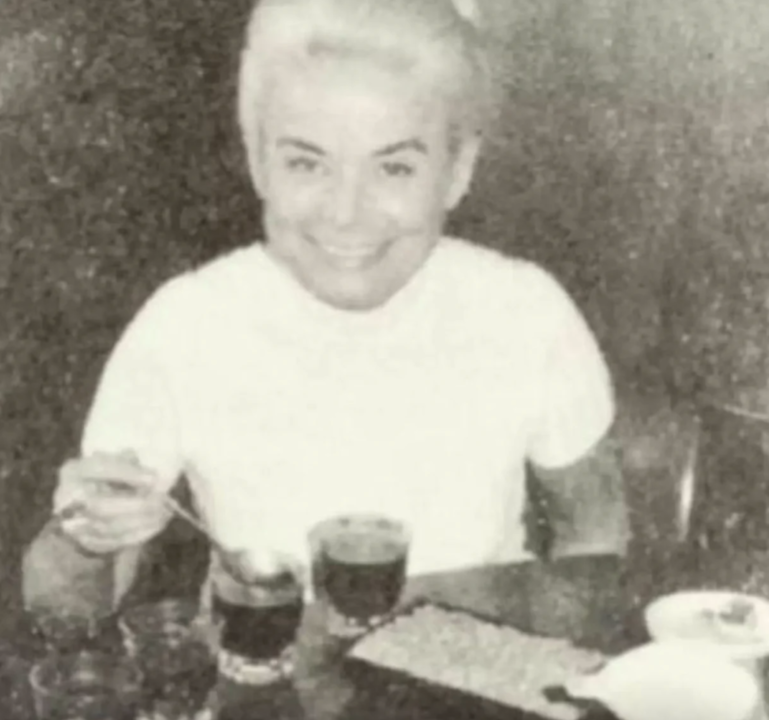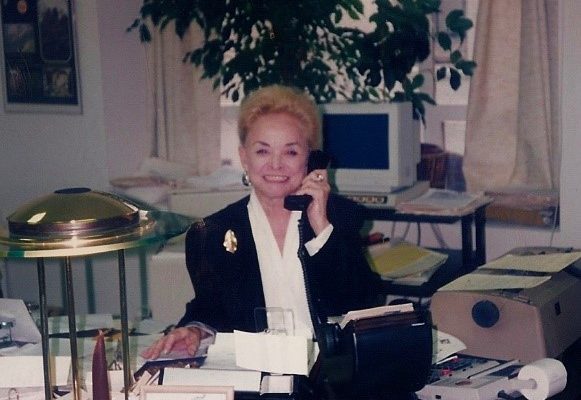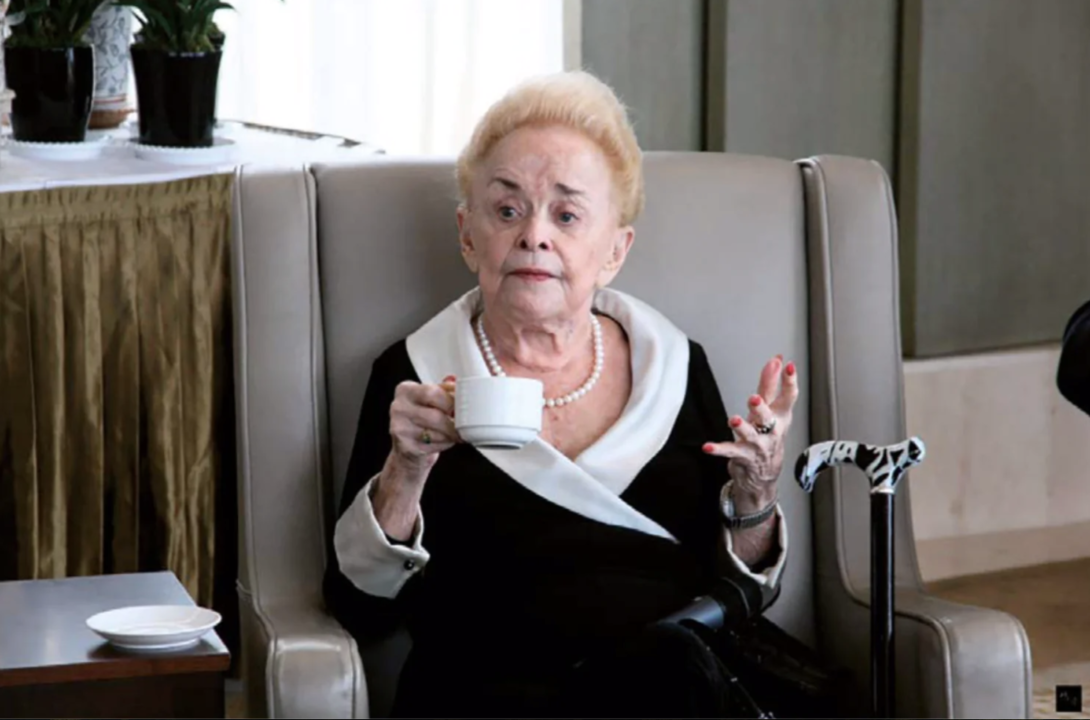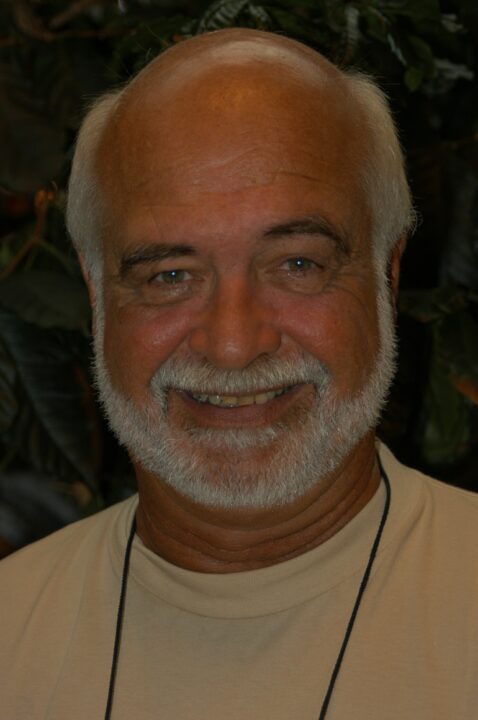In 1921, a girl named Erna was born in Bodø. 53 years later, she changed the entire coffee industry with just one word: specialty coffee.
At a time when coffee drinking in America was at its lowest ebb, a woman emerged who would change the industry forever. Erna Knutsen, born in 1921 in Bodø, Norway, had a childhood characterized by travel and cultural transitions. At the age of 5, Erna and her family emigrated to New York City.
In this article, we'll tell you more about how Norwegian-born Erna Knutsen changed the coffee industry and made her mark as one of the biggest contributors to coffee history, despite the fact that women were not welcome in the cupping room at the time.
The start of Erna's coffee journey

In the 1950s, Erna moved to San Francisco, where her career took a new turn when she joined a law firm as a secretary. She later moved to the American Molasses Company, where she became secretary to the vice president of coffee. Although the work interested her, she felt something was missing. That's when Erna began to realize the potential of the coffee world.
In 1968, Erna started working for Bert Fulmer, one of the most important figures in San Francisco's coffee scene. It was here, in B.C. Ireland, that her talent for coffee and sales began to grow. Early on, she saw an opportunity to sell smaller batches of coffee to small roasters that had previously been overlooked by the larger coffee importers. But Erna met resistance.
She was denied access to the cupping room and wasn't even allowed to watch the coffee beans being roasted. After all, she was a woman.
Surprised everyone
Then the opportunity arose. A container of Sumatra Mandheling coffee arrived at the port and Erna was curious to taste the coffee. She asked the men who roasted the coffee to brew a cup for her too.
It was the best coffee she had ever tasted in her life.
She had an idea that this coffee was better suited to smaller roasters than the large, industrial roasters.
- "I'm going to sell all my coffee in one month," she told Bert Fulmer. And to everyone's great surprise, she managed to do just that.
A few years later, Erna was finally allowed to sit in the cupping room, and in the meantime she had built up a good reputation with the small coffee roasters.

Specialty coffee
In 1974, Erna was interviewed by Tea & Coffee Trade Journal, and it was during this interview that she famously introduced the term "specialty coffee" to describe the quality coffee she sold.
The term "specialty coffee" stuck in the coffee industry, and Erna had started a new movement. To drive the specialty coffee movement forward, Erna supported the founding of a new coffee organization.
Erna's biggest contribution was her willingness to work with small coffee roasters. She realized that these smaller roasters were willing to pay more for high-quality coffee, and she was able to meet their needs.
The legacy of Erna Knutsen

Erna's dedication and passion for coffee changed the coffee industry in the US and around the world. She was a pioneer in the specialty coffee industry and a champion of small roasters. Her legacy lives on in the form of Knutsen Coffee LTD, a company she bought and transformed into her own.
Erna Knutsen was not only a businesswoman, but also an inspiration to those around her. Her infectious joy and indomitable spirit has inspired generations of coffee enthusiasts and entrepreneurs.
Erna Knutsen was a true legend in the coffee world.
She passed away in 2018 at the age of 96.
Trygve Klingenberg presented the award

During the 12th Specialty Coffee Association America conference in San Francisco in April 2000, Erna Knutsen was awarded the Golden Bean Award. The award was presented to her by Trygve Klingenberg, then CEO of Solberg & Hansen.
- "We are proud of her Norwegian heritage and she is a true role model for everyone who works with coffee. A true inspiration," said Trygve during the award ceremony in 2000.
Trygve Klingenberg became general manager of Solberg & Hansen in 1974, the same year that Erna Knutsen used the word specialty coffee for the first time. He remained general manager until his retirement in 2006.
Sources:
SCAA / Covoya Coffee / Sprudge